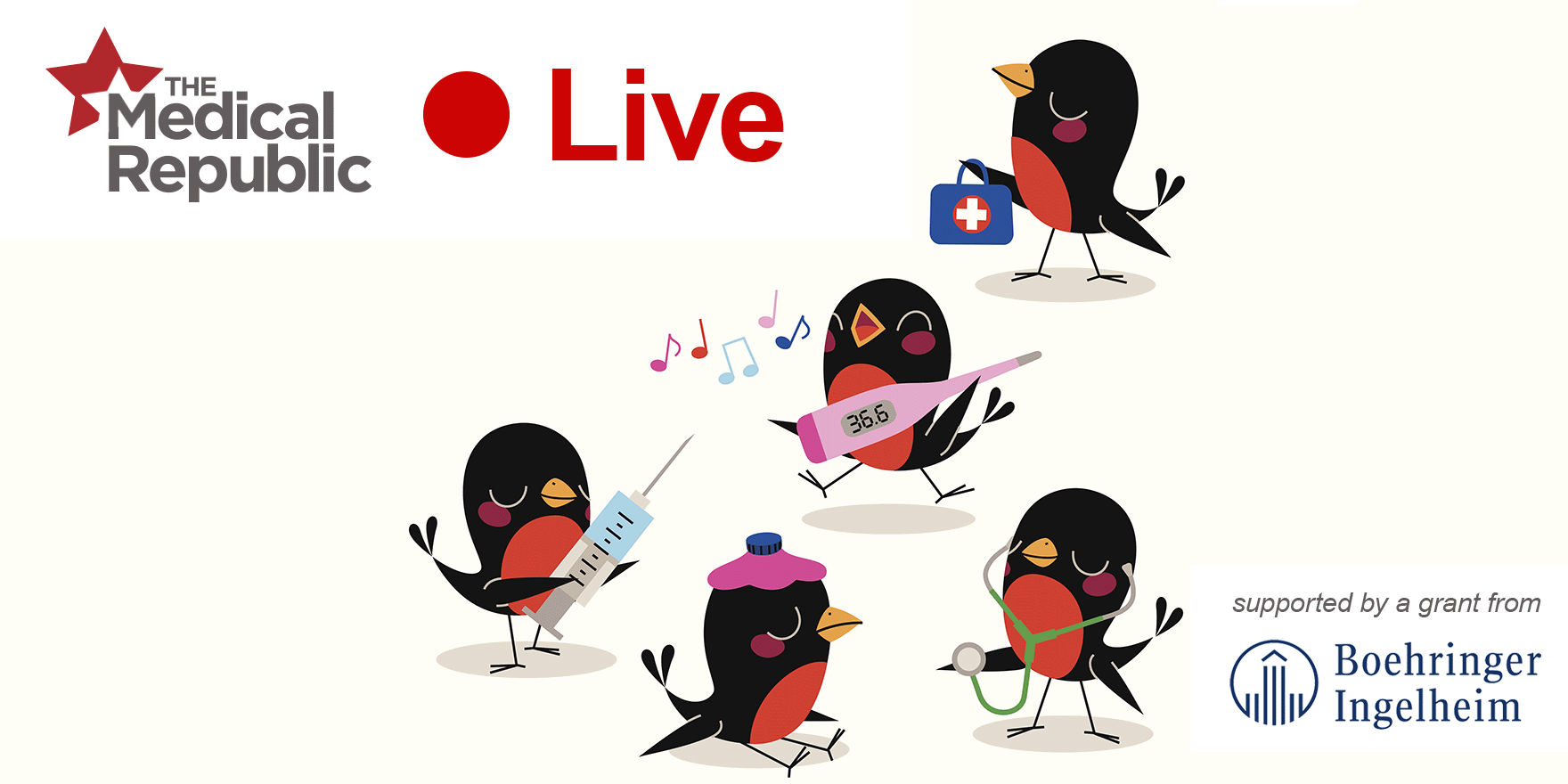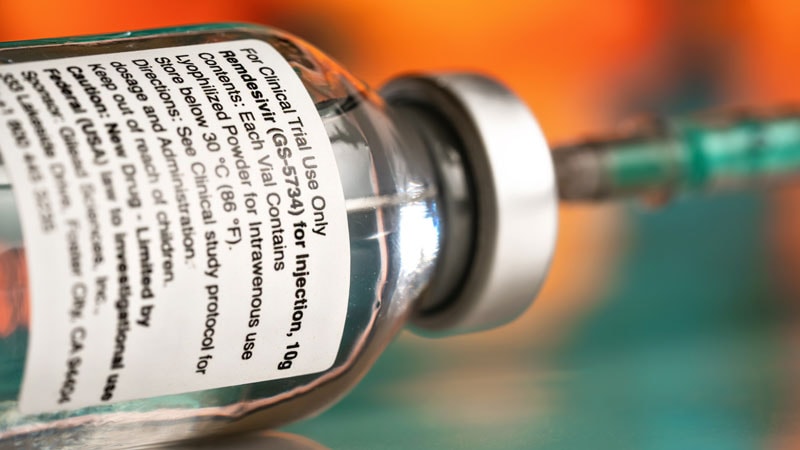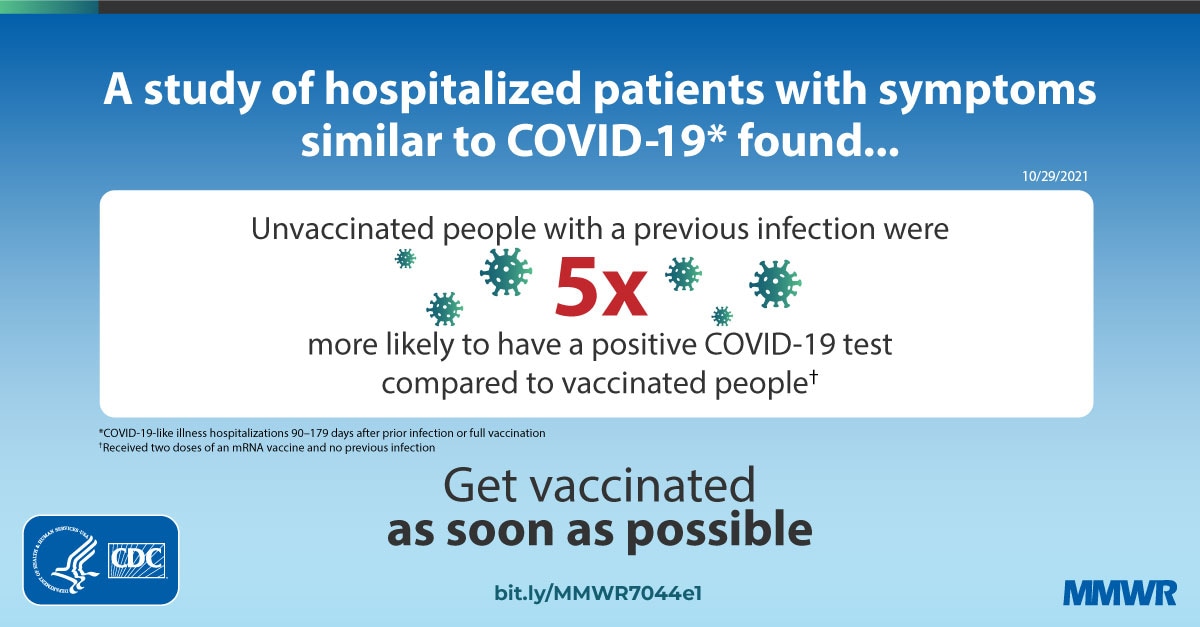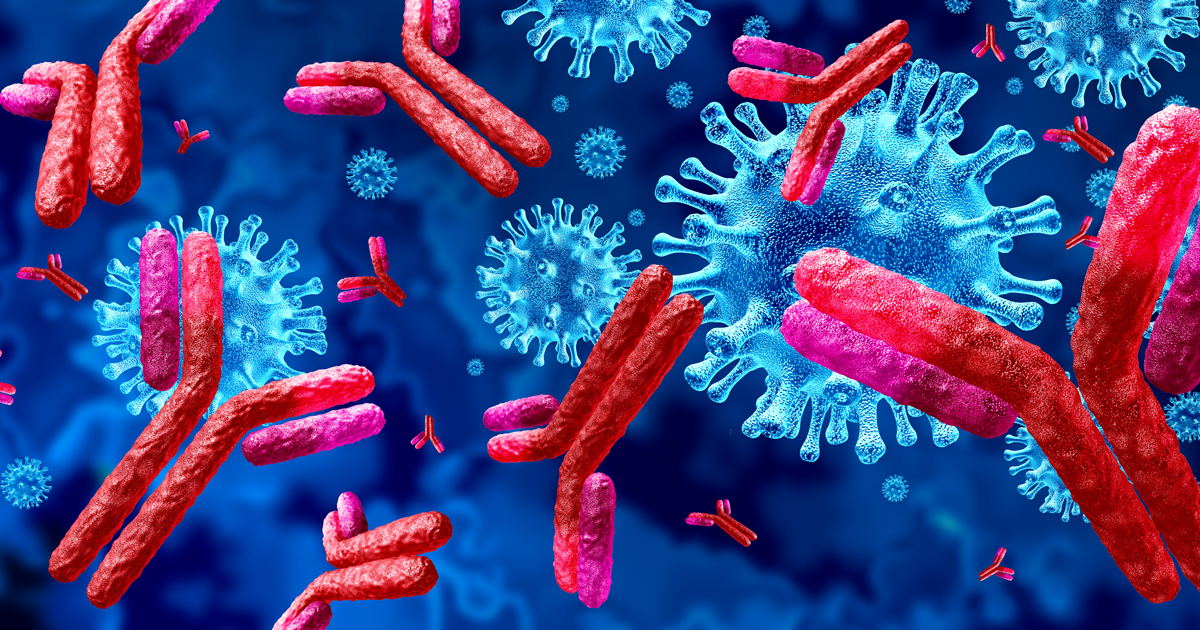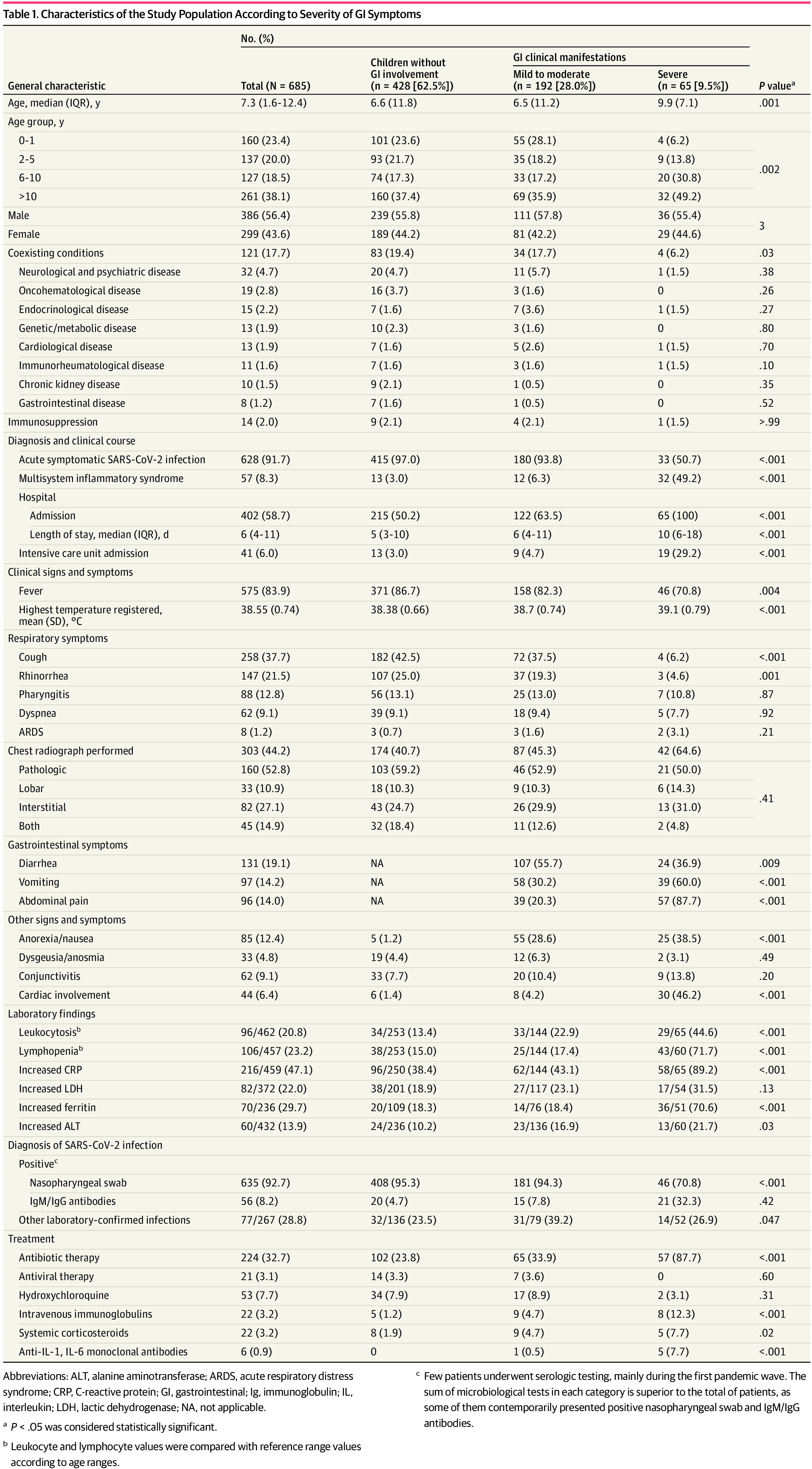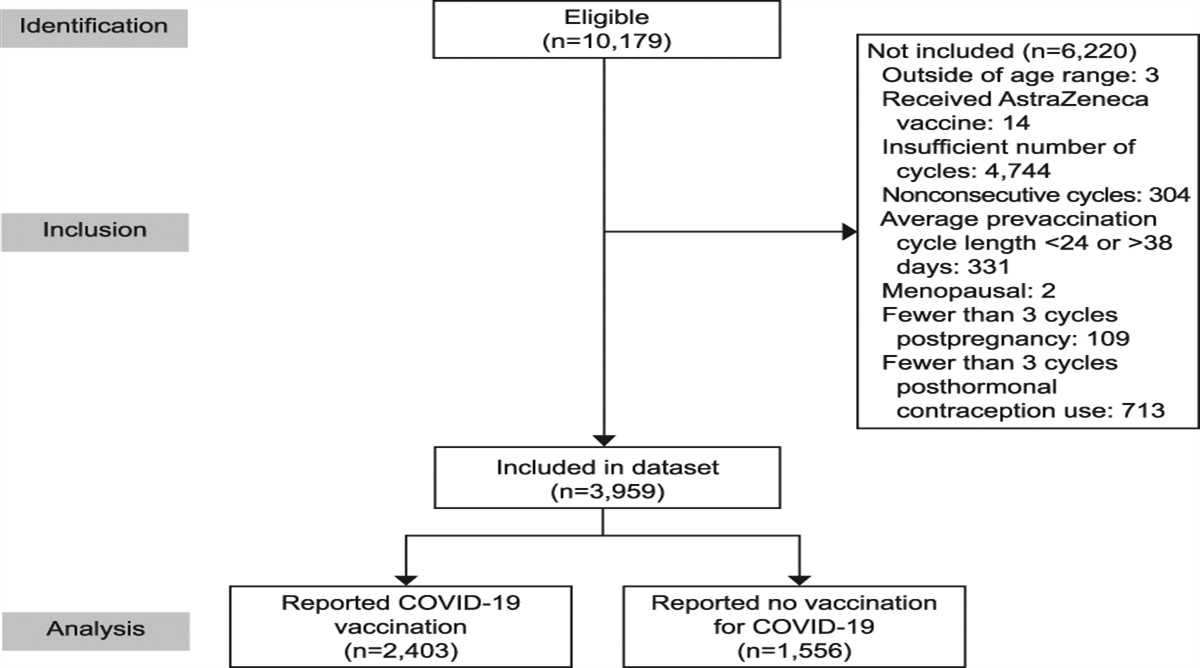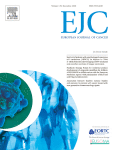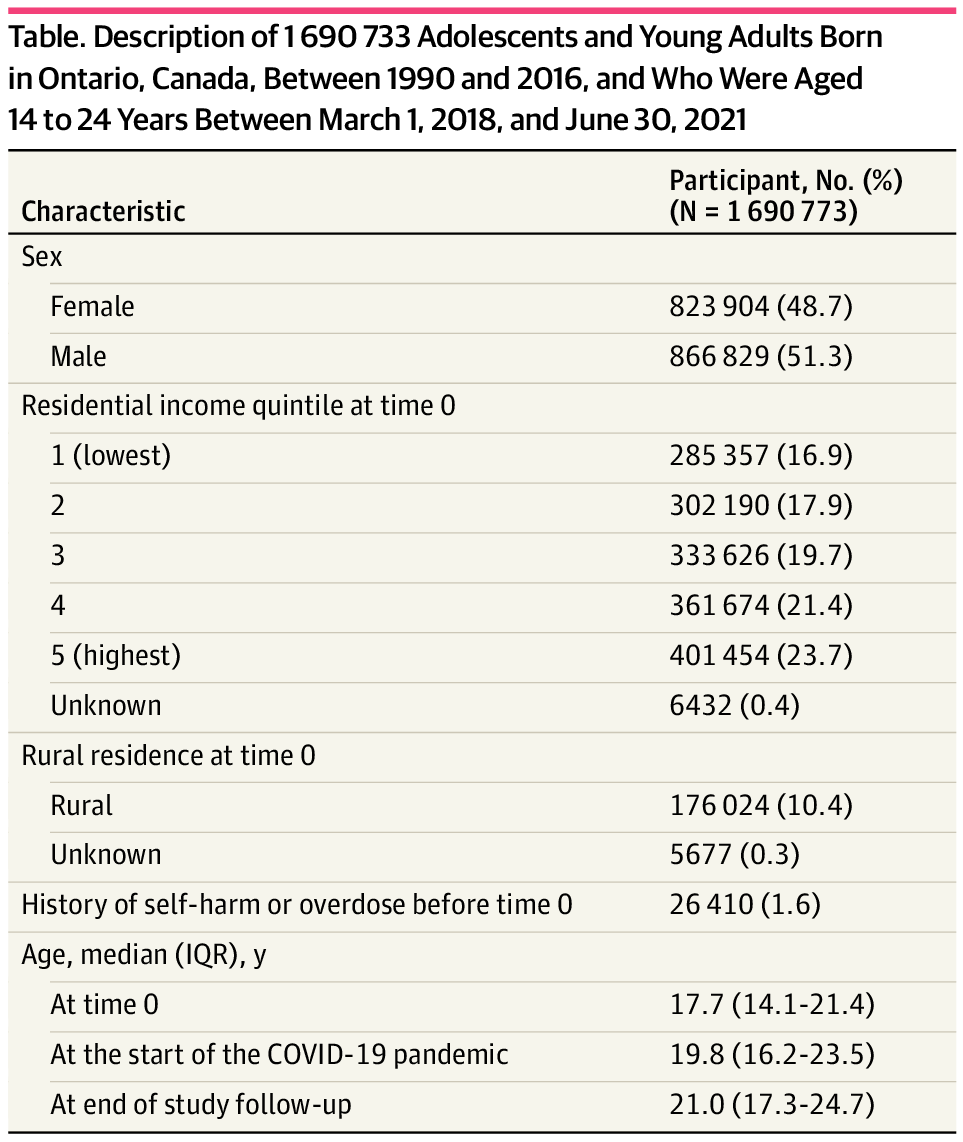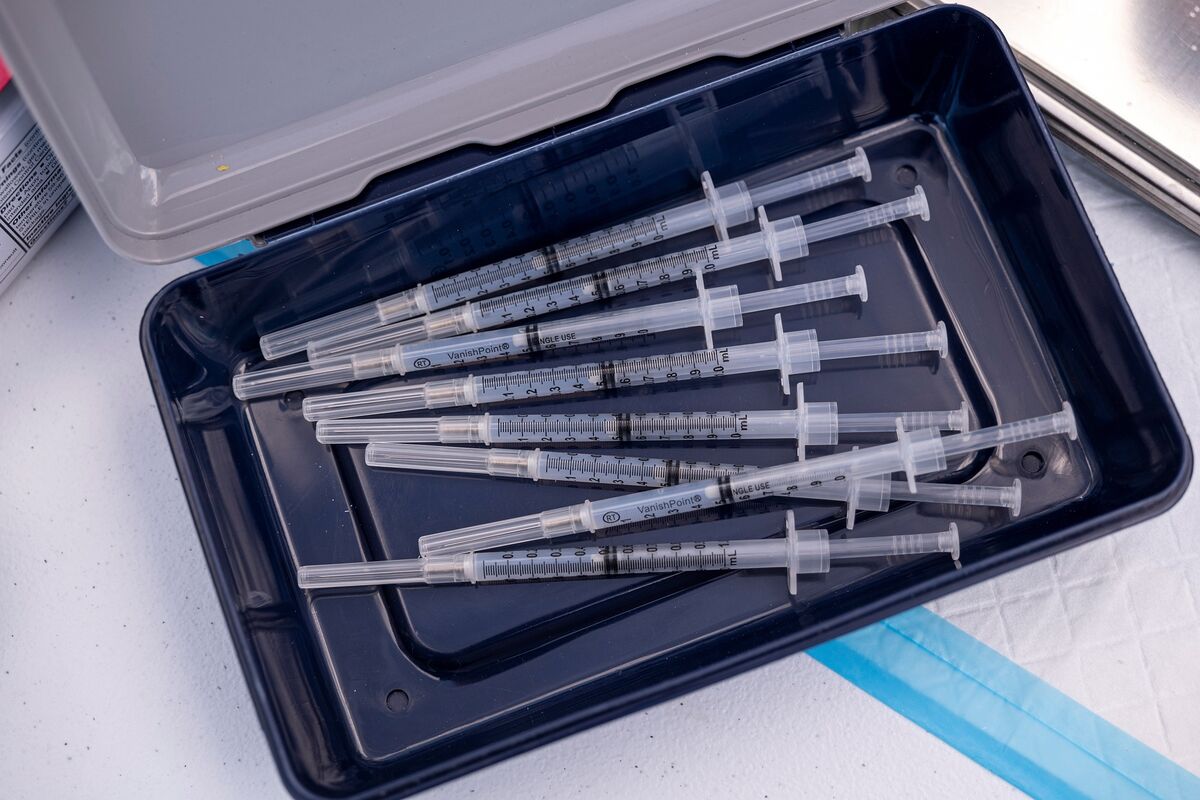Novavax Vaccine
Novavax’s COVID-19 vaccine was safe and effective in adults in the United States and Mexico, according to the latest phase 3 trial, which showed efficacy of 90.4%.

Novavax’s COVID-19 vaccine was safe and effective in adults in the United States and Mexico, according to the latest phase 3 trial, which showed efficacy of 90.4%.

Efficacy and Safety of NVX-CoV2373 in Adults in the United States and Mexico | NEJM
Original Article from The New England Journal of Medicine — Efficacy and Safety of NVX-CoV2373 in Adults in the United States and Mexico
www.nejm.org


